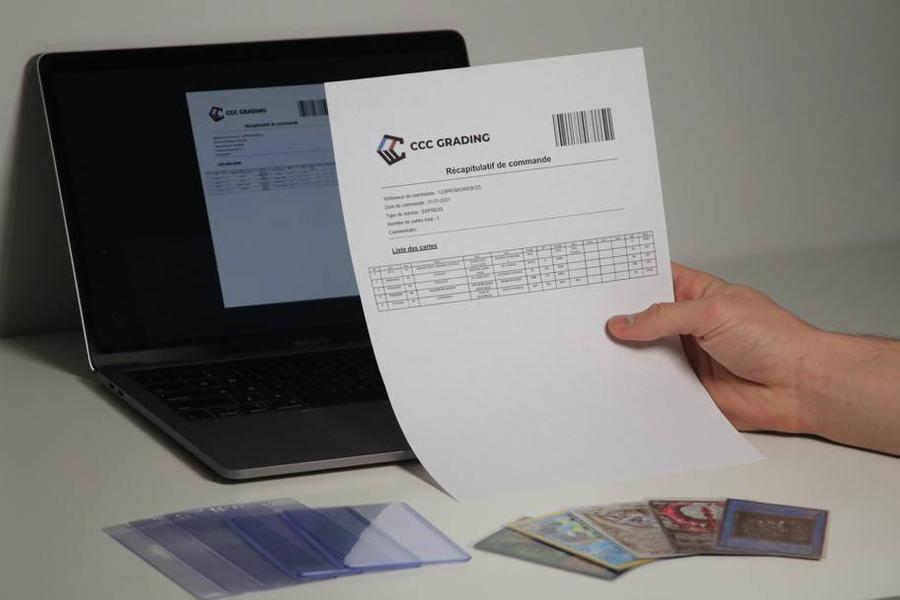Legal Considerations for Forwarding Trading Cards from Europe to the U.S.
When engaging in international exchanges of collectibles such as trading cards, it is essential to understand the legal framework governing the shipment and forwarding of such items. This article from Юридичний Маркетплейс КОНСУЛЬТАНТ provides a comprehensive overview regarding the lawfulness and best practices when having someone in Europe receive legal items and then forward them to the United States.
Understanding the Concept of Forwarding and Transshipping
Forwarding refers to the process where an individual or entity receives a package on behalf of another person and subsequently ships it to a different destination. In your scenario, your friend in Europe acts as an intermediary who receives legal items such as trading cards and then sends them to you in the U.S.
Transshipping, on the other hand, often refers to shipping goods through an intermediate port or country, potentially to obscure the origin or nature of the shipment, often used in commercial or industrial contexts. It is important to distinguish these to understand which regulations apply.
Legality of Private Non-Commercial Exchanges
In general, forwarding legal goods such as trading cards on a private, non-commercial basis does not contravene any transshipping restrictions. Customs regulations generally permit private individuals to send and receive personal items, provided that the items are legal, correctly declared, and adhere to the importing country’s restrictions.
The key factor is transparency. Customs authorities prioritize truthful and timely declarations to ensure adherence to laws and regulations. Therefore, sending or receiving trading cards through a friend in Europe who forwards them to the U.S. for personal use is typically lawful as long as no false declarations are made.
Importance of Accurate Customs Declarations
Every international shipment passing through customs must be accompanied by accurate declarations describing the contents and value of the package. Misdeclaration or undervaluation can result in penalties, seizure of goods, or even legal action.
To avoid complications when shipping trading cards from Europe to the U.S., your friend should provide a detailed and truthful description of the items, including the quantity, nature, and estimated value. For example, indicating "trading cards" as the contents and declaring their market value helps customs assess the shipment properly.
Potential Restrictions and Prohibited Items
While most trading cards are legal to ship internationally, it is vital to verify that the specific items do not fall under restricted or prohibited categories. Some countries impose restrictions on certain materials, such as those containing rare animal products or currencies. Moreover, local laws might regulate the possession or transfer of items depicting certain content.
Your friend should consult relevant customs regulations in both the European country where they receive the package and in the U.S. to ensure compliance. Customs websites and official government portals typically provide detailed lists of restricted and prohibited items.
Record Keeping and Proof of Transaction
Maintaining clear records is a prudent practice when forwarding items internationally. Your friend should keep receipts, purchase details, and correspondence related to the shipment. This documentation serves as evidence in case customs requests clarification or verification of the package content and value.
For example, retaining invoices for the trading cards demonstrates their legal acquisition, supporting declarations made to customs authorities.
Best Practices for Safe and Lawful Forwarding
- Ensure the items are legal in both the sending and receiving countries.
- Declare the package contents truthfully and accurately.
- Include an adequate value that corresponds to the items’ market price.
- Keep detailed records such as receipts, invoices, and correspondence.
- Research customs regulations in both countries to confirm no specific restrictions apply.
- Use reliable shipping services that provide tracking and proper documentation.
Scenario and Practical Example
Imagine you have purchased a rare set of trading cards available only in Europe, and your friend residing there agrees to receive and forward the cards to you in the U.S. The process, when conducted lawfully, involves your friend receiving the package, inspecting it, and then shipping it to your address.
Upon preparing the package, your friend must accurately fill out customs forms, indicating the contents as "trading cards" and assigning the correct total value. This transparency ensures that customs agencies can process the shipment without suspicion or delays.
Once shipped, the package should be tracked using the logistics provider’s tools and kept alongside receipts. Should any customs inquiry arise, you and your friend can provide the required documentation swiftly.
Legal Risks of Incorrect or Fraudulent Declarations
Risk arises primarily from non-compliance with customs laws. Common issues include undervaluing goods to avoid taxes, misrepresenting contents to circumvent restrictions, or shipping prohibited items. Such actions can result in fines, delays, confiscation of items, and legal penalties.
Therefore, honesty and compliance are the cornerstones for a risk-free international forwarding experience.
Summary: Key Points to Remember
- Forwarding legal goods like trading cards by a friend in Europe to the U.S. is generally legal when for private use.
- No specific transshipping restrictions apply to private non-commercial shipments of legal items.
- Transparency and accurate customs declarations are essential.
- Misdeclaration or undervaluation poses legal risks and may result in seizure or fines.
- Keep all receipts and correspondence to facilitate customs inquiries.
- Consult customs regulations of both origin and destination countries prior to shipment.
About Legal Marketplace CONSULTANT
Legal Marketplace CONSULTANT is a legal marketplace firm specializing in comprehensive legal support for businesses and individuals. Our mission is to provide clear, authoritative advice that empowers our clients to navigate complex international trade and shipping regulations safely and legally.
- Legal consultation on cross-border transactions
- Customs and import-export regulatory advice
- Drafting and review of shipping agreements
- Support for compliance with international trade laws
- Dispute resolution and legal representation
Forwarding trading cards or other legal goods from Europe to the U.S. through a friend acting as an intermediary is generally lawful under current customs regulations as long as all parties involved act transparently and comply with applicable laws. Correct and truthful customs declarations, understanding potential restrictions, and maintaining solid documentation mitigate the risk of encountering legal issues or shipment delays. Legal Marketplace CONSULTANT advises all individuals engaged in such activities to stay informed of customs policies and exercise due diligence to ensure smooth and compliant international exchanges.
Legal Marketplace CONSULTANT offers expert guidance on international shipment laws, helping clients avoid pitfalls related to customs and ensuring compliance with regulations in 2025 and beyond.































